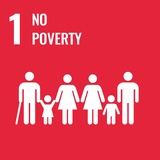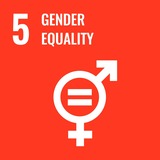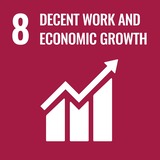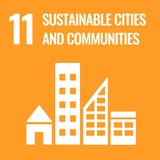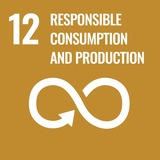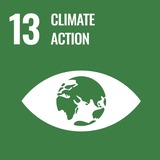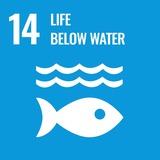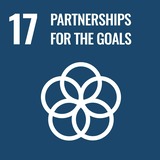INDIA
Clean Pondicherry
On the southeastern coast of India sits a charming coastal town: Pondicherry. The landscapes surrounding this quaint fishing community are as varied as its culture, from serene beaches to the lush green mangroves and backwaters.


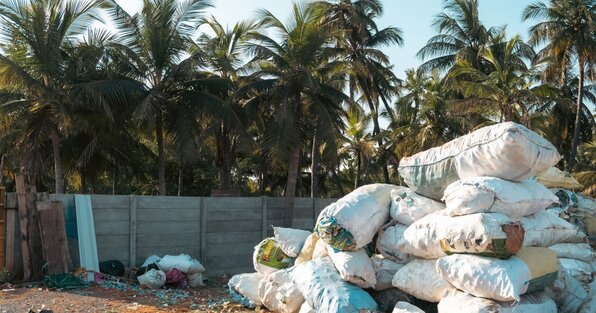
INDIA
Clean Pondicherry
On the southeastern coast of India sits a charming coastal town: Pondicherry. The landscapes surrounding this quaint fishing community are as varied as its culture, from serene beaches to the lush green mangroves and backwaters.




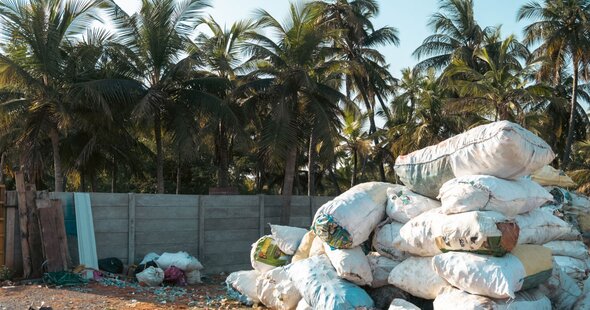
The story
The beautiful landscape in and around Pondicherry has been drowned in plastic in recent years, which is why we’ve stepped in to help keep the city clean. We’ve been working hard to remove plastic pollution from Pondicherry since 2022, working closely with the fishing community and small recycling units.
Before this partnership, locals here had no option but to burn their waste, send it to landfill, or throw it into waterways, since they lacked the right infrastructure to process it properly. Non-recyclable waste in particular posed a threat to the community. While local teams were collecting recyclable plastic, non-recyclable materials would often be left in the environment or burned, since they don’t have any monetary value (as they can’t be reused).
That’s where we come in. Thanks to our brand partners, we’re funding the collection of waste from the fishing community, small recyclers, restaurants, schools, businesses, and homes in Pondicherry.
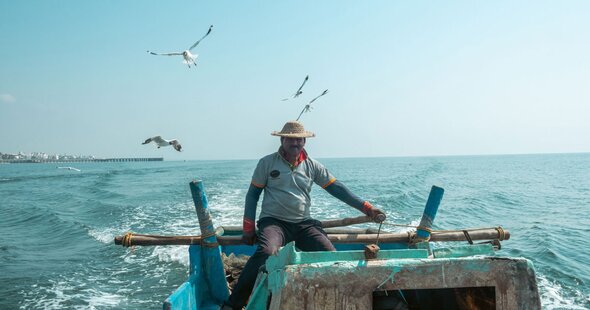
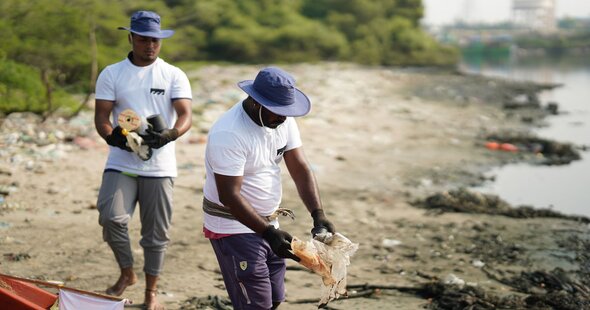
The project
Collecting waste from a city is no mean feat, and we couldn’t have done it without our excellent team on the ground, our operating partner Recity, and the recycling units from which we collect waste.
We started this project in 2022, collecting 20 tons of waste per month — this has now increased to 47 tons thanks to funding from our brand partner Newton Baby. That’s the equivalent weight of 23 average cars!
But when it comes to waste, long-term change comes from the people in the community, which is why we’ve integrated them so deeply into our plan. For example, part of this project involves working closely with around 3,000 locals in the fishing community. As well as using their small- and medium-sized boats to fish for their livelihoods, they now collect plastic floating in the shallows.
Once collected, we send the recyclable waste to a recycling facility and the non-recyclable waste to a co-processing facility.
But our community work doesn’t stop there. The members of the community are involved in discussions on how to build impact projects. We’re also working on a school project to help educate the next generation on the implication of plastic waste. This includes awareness programs for the children, implementing a zero-waste program in two different schools.
Together, we’re solving plastic waste.
Let's make a difference in Pondicherry
Your brand can support our impact and help to expand our operations in India.
Our impact

Clean Nature
By collecting 47 tons of plastic waste per month, we’re keeping nature in Pondicherry clean and free from plastic pollution.
Our teams on the ground are also creating more awareness about precious ecosystems, such as mangroves while carrying out cleanups in these vulnerable habitats.

Clean Communities
As well as integrating the community into our collection mission, we’re also teaching locals about plastic pollution and how to segregate their waste.
Education is key when it comes to preventing pollution, which is why we’re teaching the next generation about the effects of plastic on marine life in local schools.

Clean Jobs
The collection team consists of local sanitation workers, who are trained to work safely within the waste sector.
On top of this, the workers in the MRF (Material Recovery Facility) almost entirely consist of women, who sort and bale the plastic, and manage some parts of the operations. All of these employees have full salaries and benefits that include health insurance.

Clean Oceans
By collecting waste from the community we’re preventing it from polluting the waterways and ending up in the Bay of Bengal, which is in the Indian Ocean — the third-largest of the world's five oceanic divisions.
The collection process
The collection process in this project goes down two paths. The first focuses on household waste collection. Although this waste isn’t recorded through the CleanHub app, we work with the local government to collect waste from homes across 11 wards of the municipality.
Once collected, the waste is dropped at the Material Recover Facility, where it will be processed, baled, and sent to either a recycling facility or a co-processing plant.
The other route involves working closely with the local fishing community and recycling units.
The workers at the recycling units collect waste from the local community, separating recyclables from non-recyclables. We’ll then pay them for the non-recyclable waste they’ve collected, and send it to the local MRF where it can be weighed, baled, and sent to a co-processing facility.
Before this project, the fishing community would often find plastic in their nets but would end up throwing it back overboard. Now, we pay them for any trash they collect in the shallows of the water, and make sure it’s processed safely.
Collection operator: Recity
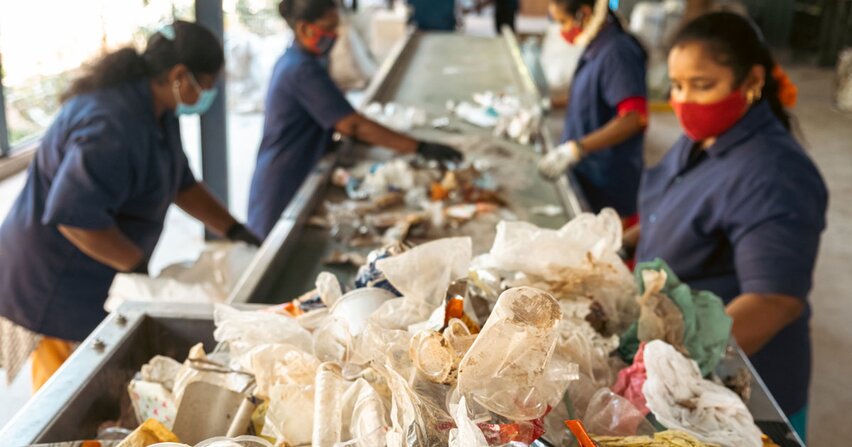
We wouldn’t be able to do any of this incredible work without our collection operator Recity.
Since 2017, Recity has been working hard to keep communities in India clean. Spread over more than 22 Indian cities since inception, the organization has prevented roughly 55,000 tons of plastic waste from entering the environment so far.
But Recity isn’t just focused on collecting waste — it’s also dedicated to feeding these materials back into the economy. Finding ways to recycle and reuse materials is high on Recity’s priority list, making sure we all move towards a circular economy.
Let's make a difference in Pondicherry
Your brand can support our impact and help to expand our operations in India.
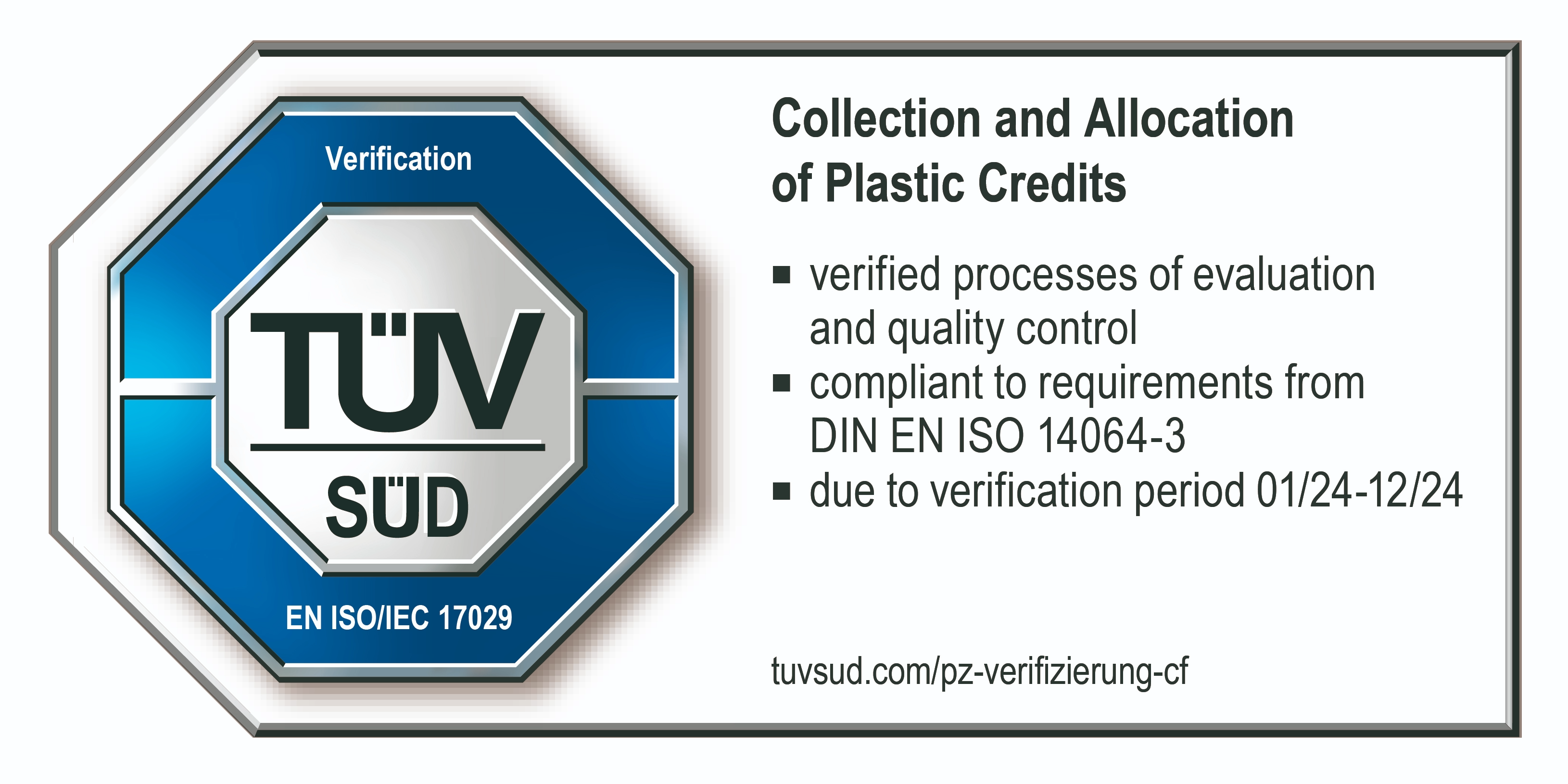
We're the first plastic credit system verified by TÜV SÜD


